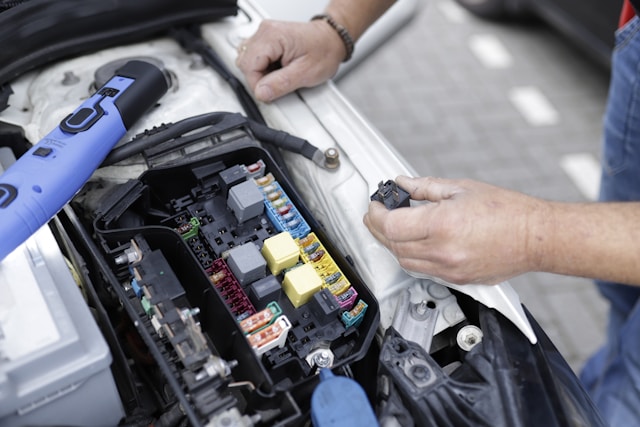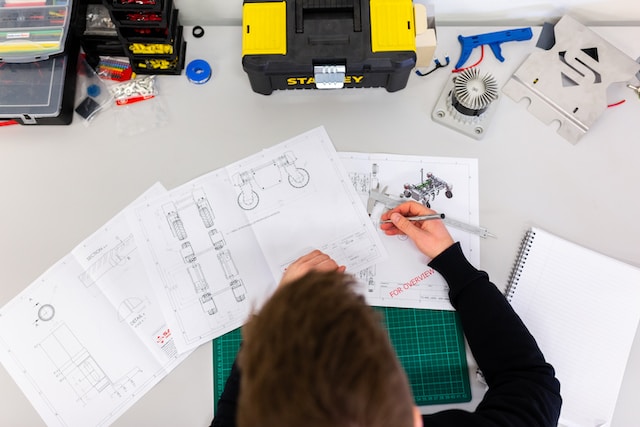At his Stanford University commencement speech in 2005, Steve Jobs said, “Death is very likely the single best invention of life.” He was, of course, referring to humans, but his words can be applied to technology. When inventions have lived their useful lives, they are “replaced” by younger technologies with far greater potential. Each new wave is a response to what has come before and meets new challenges more effectively.
Fossil Fuel Engines Now 150 Years Old
The first commercially viable internal combustion engine (ICE) was born in 1859 when Jean Joseph Etienne Lenoir built a single-cylinder, two-stroke engine that burned coal gas and air and was ignited by an ignition system. Over its 150 year history, fossil fuel engines have gone through hundreds, if not thousands, of transformations, becoming more powerful and efficient. However, the ICE’s days are numbered: urbanization, pollution, global warming and the twilight of fossil fuels are challenging humans to innovate.
Hybrid and EVs Taking Over
Current hybrid and electric vehicles still face challenges, such as the cost of batteries and their specific energy. Electric batteries do not work the same in different temperature conditions affecting an electric vehicle’s range. Fortunately, the amount of money and time being spent on improving batteries for EVs is so great, breakthroughs are imminent. By 2020, the use of electric vehicles will be significantly more widespread.
Huge Infrastructure Under Development
To pave the way for widespread adoption of hybrid and electric vehicles, a huge infrastructure of fast-charging stations needs to be built. ABB, a leader in providing innovative and efficient EV charging infrastructure, is helping countries around the world adopt standards for nationwide networks. New technologies are being developed to “flash charge” vehicles and buses in just seconds.
It is improvements such as these that will lead the way to a new age of mobility.






